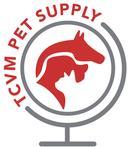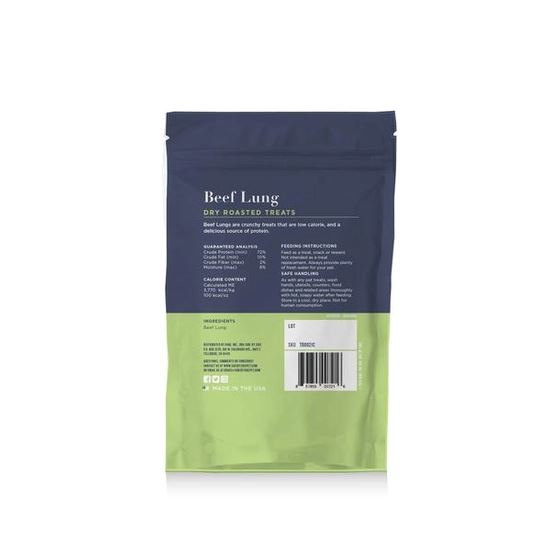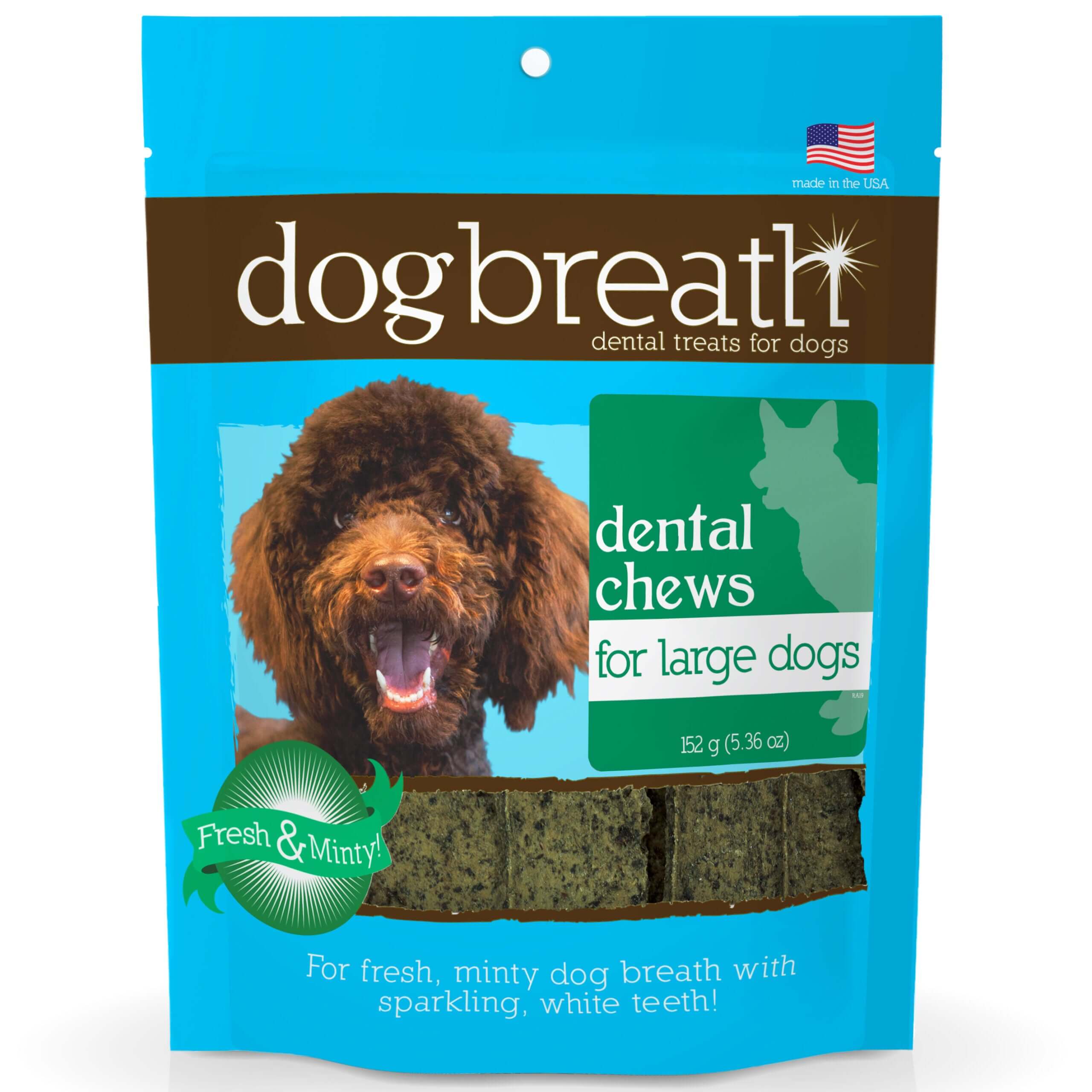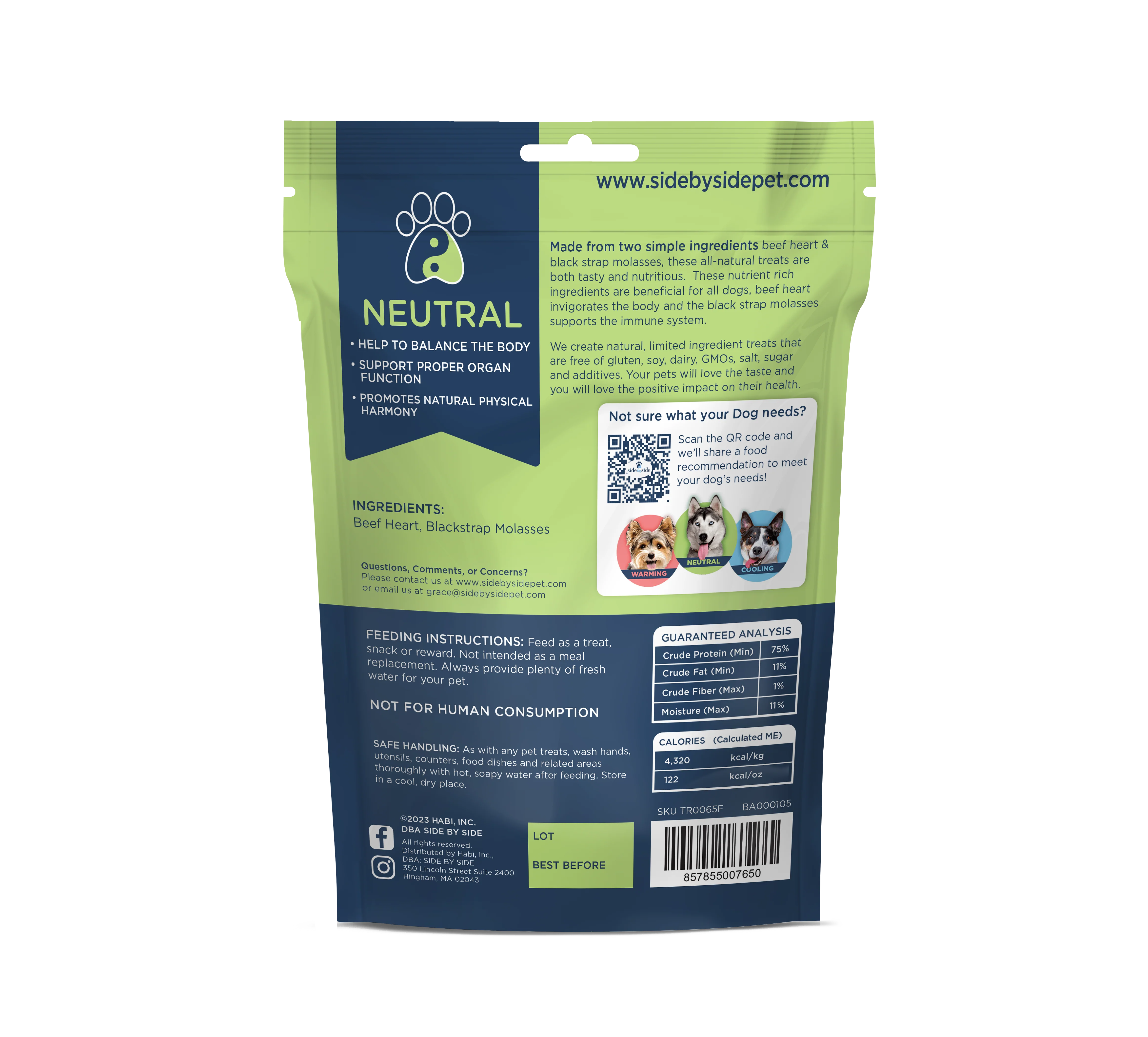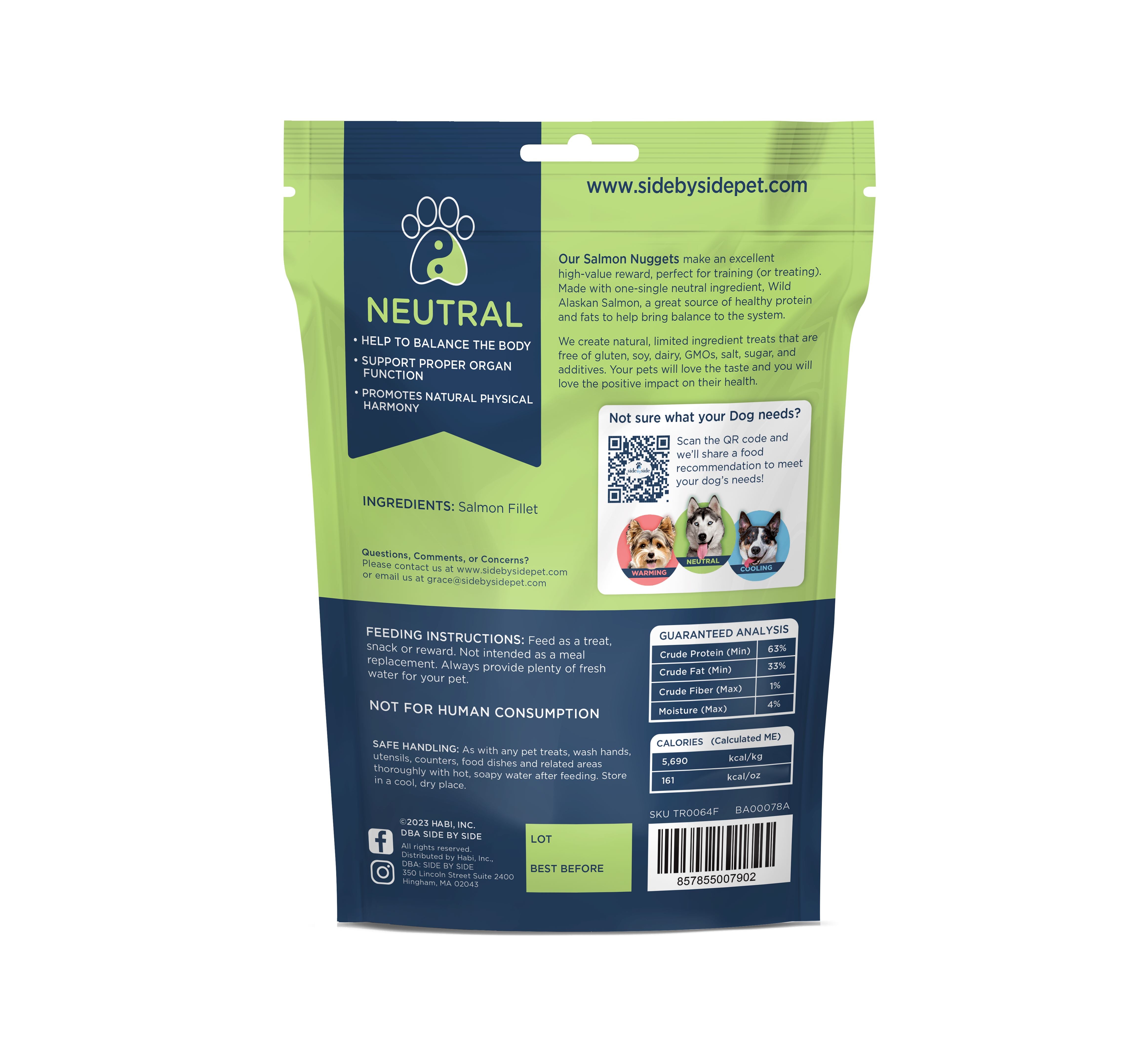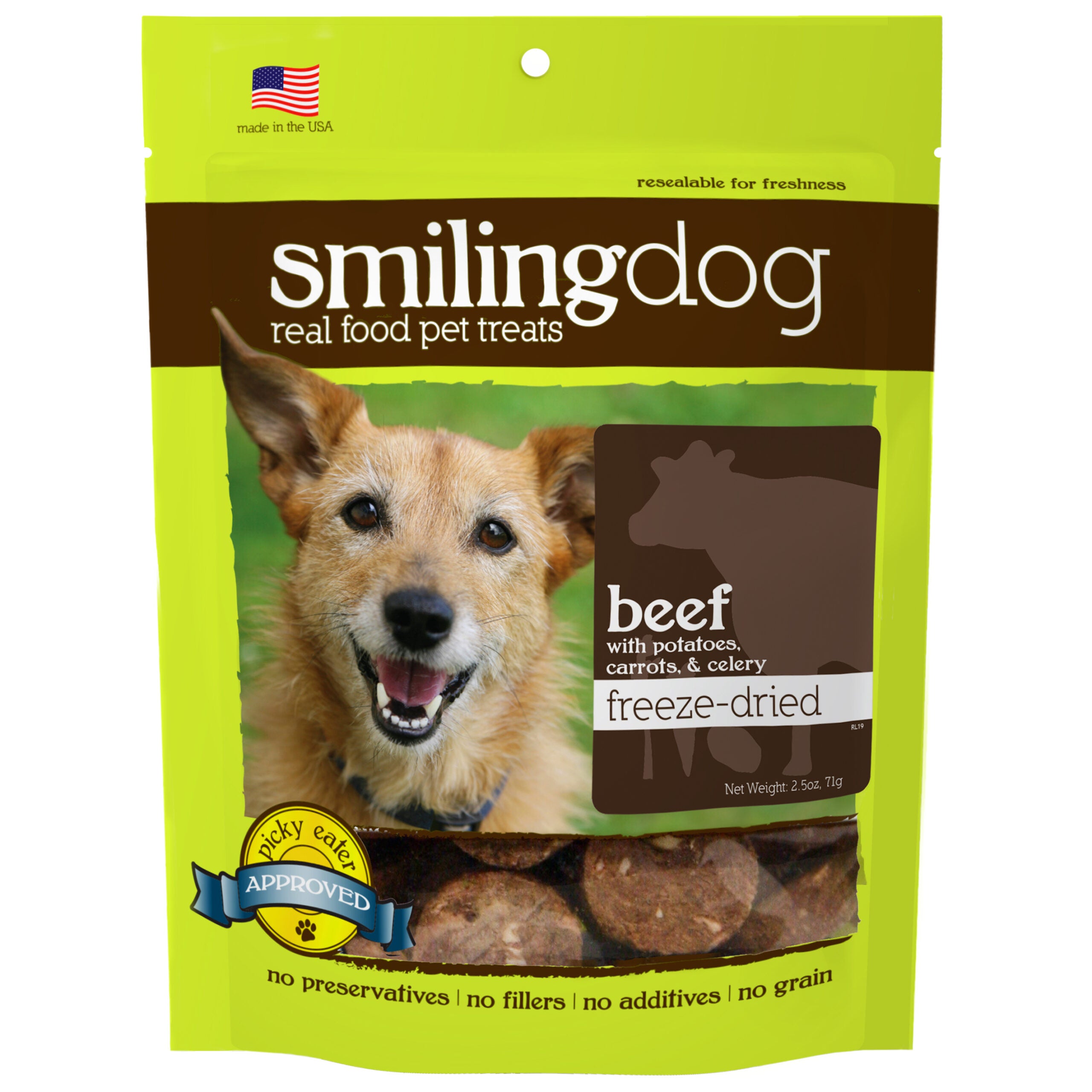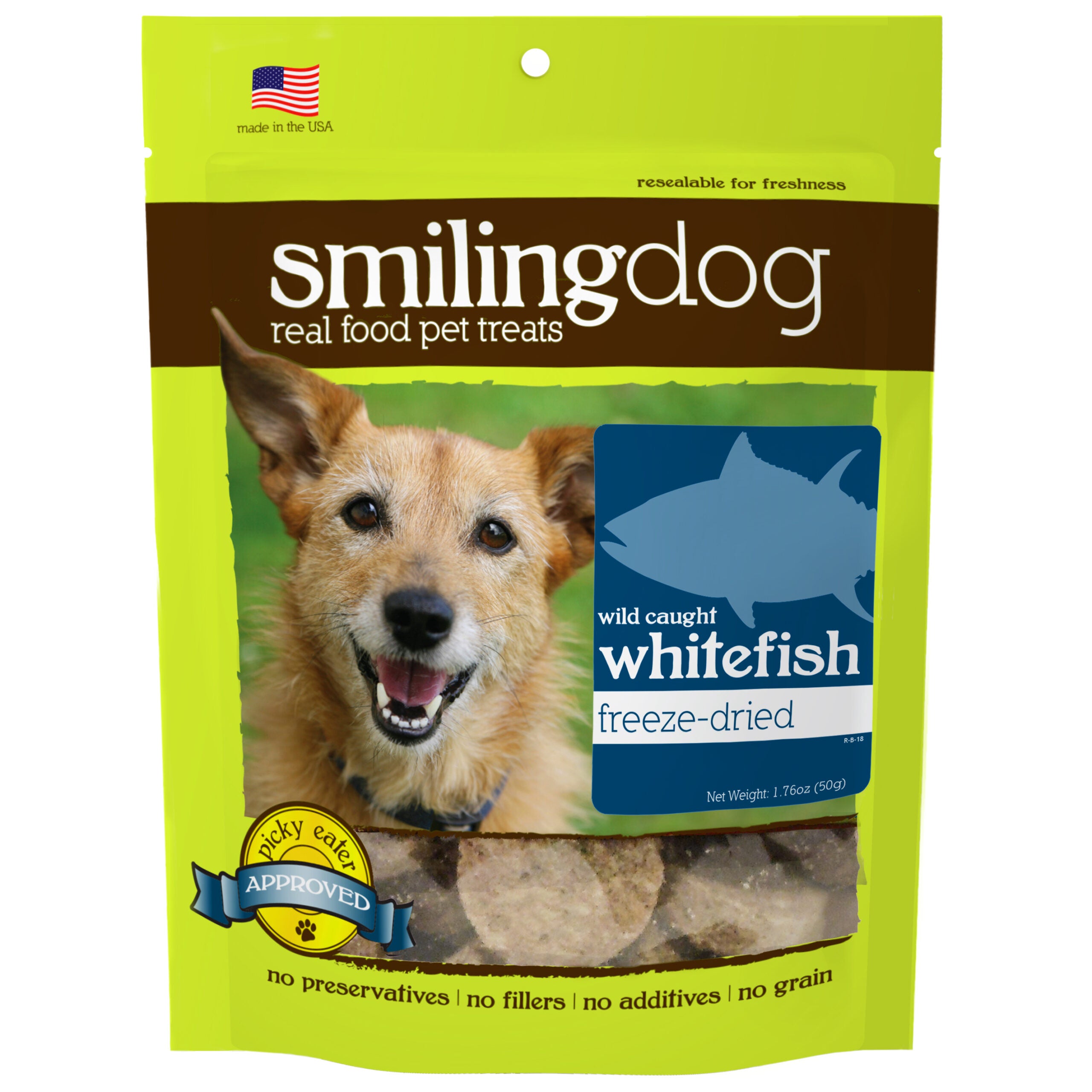
What is Qi and Why Is It Important to My Pet?

What is Qi?
Qi (pronounced "chee") originates from Chinese culture and philosophy.
It is a fundamental concept in many areas, including traditional Chinese medicine, martial arts, and philosophy.
Qi is often translated as "vital energy," "life force," or "natural energy."
In traditional Chinese medicine, practitioners understand Qi flows through channels or meridians in the body.
Balance and harmonious Qi flow are essential for good health.
Imbalances or blockages in Qi flow lead to various health problems.
In martial arts, the concept of Qi relates to internal energy and its cultivation.
Martial artists develop and harness their Qi for improved physical performance, focus, and power.
In philosophy, Qi is the underlying principle of all things.
It is the fundamental substance of the universe and everything within it.
Qi exists in all living beings, natural phenomena, and even inanimate objects.
However, it's important to remember different individuals and traditions often interpret the concept of Qi differently.
While it holds significant cultural and philosophical significance in Chinese traditions, it does not have a direct equivalent in Western scientific understanding.
Western science has different methods of explaining and understanding how the human body and the universe function.
Why is Qi Important to My Pet's Health?
According to Traditional Chinese Veterinary Medicine (TCVM) theory, Qi is the life force or energy that flows through the body, maintaining health and vitality.
While the concept of Qi may not have a direct equivalent in Western medicine, you can think of it as a symbolic representation how the body functions and overall wellness.
In the context of pet health, understanding and promoting Qi is vital for several reasons:
- Balance and harmony: TCVM views health as a state of balance and harmony in a pet’s body. When Qi flows smoothly and is balanced, the pet’s body functions optimally, and the pet experiences good health. Imbalances in Qi can lead to illness or disease.
- Prevention and early detection: TCVM emphasizes the importance of preventive care and detecting imbalances in Qi before they appear as physical symptoms. By assessing its quality and identifying any imbalances, TCVM-trained vets can take early action to restore balance and prevent further health issues.
- Holistic approach: TCVM takes a holistic approach to health, considering the interconnectedness of the body, mind, and environment. By focusing on Qi, TCVM recognizes that a pet's health is affected not only by physical but also by emotional and environmental factors. Addressing imbalances in Qi involves considering all aspects and promoting overall wellness.
- Individualized treatment: TCVM recognizes that each individual has a unique Qi pattern. By assessing a pet's Qi, TCVM practitioners can tailor treatment plans specifically to the pet's needs. A personalized approach can be beneficial, especially when standard treatments don't provide the desired results.
How TCVM Veterinarians Work with Qi
In TCVM, the concept of Qi is fundamental.
TCVM-trained vets understand how it flows through your pet's body along specific pathways called meridians, similar to the principles in human acupuncture.
Qi's balance and harmonious flow are considered crucial for your pet's health and wellness.
Accordingly, imbalances or blockages in its flow can lead to disease and other health issues.
In TCVM diagnosis and treatment, practitioners assess and restore the balance of Qi within your pet's body.
TCVM-trained vets consider your pet's overall condition, including its physical symptoms, medical history, temperament, and environmental factors, to understand the state of its Qi.
By addressing the underlying imbalances and promoting the free flow of Qi, TCVM restores your pet's health and promotes overall wellness.
Animal Acupuncture
Animal acupuncture is the TCVM treatment of inserting needles into specific acupuncture points on your pet's body.
Acupuncture affects the flow of Qi, which plays a central role in TCVM.
According to TCVM theory, acupuncture stimulates and regulates its flow along the meridians (energy pathways) in your pet's body.
By inserting needles into specific acupuncture points, a practitioner restores the balance and harmony of your pet's Qi.
In addition, inserting acupuncture needles at specific points activates the body's self-regulatory mechanisms.
The precise mechanisms by which acupuncture affects Qi and produces therapeutic effects are still being studied.
However, some scientific studies suggest that acupuncture may influence the release of neurotransmitters, endorphins, and other biochemical substances, leading to physiological responses and regulating the body's systems.
Acupuncture's effectiveness may vary depending on the individual animal, the condition being treated, and the skill and experience of the practitioner.
Also, acupuncture must be performed by a qualified and trained veterinary acupuncturist who can assess your pet's condition and provide appropriate treatment.
Food Therapy
Food therapy is an essential component of TCVM that focuses on using specific foods to support and balance the body's Qi.
It recognizes that different foods possess energetic properties that can affect the flow of Qi within the body.
In TCVM, foods are classified based on their energetic properties, including temperature (cooling, warming, neutral), taste (bitter, sweet, sour, pungent, salty), and affinity for specific organs.
By understanding these properties, a TCVM practitioner can recommend particular foods to help tonify deficient Qi, disperse excess Qi, or balance the overall flow of Qi within your pet's body.
Food therapy works best under the guidance of a TCVM-trained veterinarian who provides appropriate recommendations based on your pet's needs.
In addition, the vet will monitor your pet's progress with food therapy and make changes if needed.
Herbal Medicine
Herbal medicine is a critical component of Traditional Chinese Medicine (TCM), including Traditional Chinese Veterinary Medicine (TCVM).
TCVM herbal remedies support and balance the body's Qi, among other therapeutic goals.
The formulas consist of various plants, minerals, and animal products. Practitioners select the formulas for their specific properties and energetic effects.
Because of their properties and energetic effects, the herbal substances interact with the body's Qi and affect its flow.
Herbal medicine, like other modalities in TCVM, supports the body's natural healing abilities and promote overall balance and well-being.
Tui Na
Tui-na is a form of therapeutic massage and bodywork commonly used in TCM and TCVM.
It involves various manual techniques, such as pushing, grasping, kneading, and rubbing of specific body areas.
Tui-na impacts the flow of Qi by promoting Qi flow, regulating Qi, harmonizing Qi, and releasing tension and discomfort.
The techniques and specific areas targeted during the massage will depend on the individual animal's condition and diagnosis.
Practitioners often combine Tui-na with other TCVM modalities such as acupuncture and herbal medicine for a comprehensive treatment approach.
Often, TCVM vet will train pet parents in certain Tui-na techniques to perform on their pets at home.
Finding a TCVM-Trained Practitioner
It can be difficult finding a TCVM-trained veterinarian. However, we can help! We work with several talented veterinarians on a regular basis. The vets on our authorizing vet list are happy to help.
Another option is searching the American Holistic Veterinary Medicine Association's vet list.
If you're still having trouble finding a vet in your area, a third option is getting a TCVM telemedicine consultation.
If you get a TCVM telemedicine consultation with one of our veterinarians, you'll get personalized TCVM recommendations specific to your pet, including:
- Food Therapy Recommendations
- TCVM Herb Recommendations & Veterinary Authorization
- Supplement Recommendations
- Alternative Medicine Recommendations
- Answers to Your Questions
You can learn more about our veterinarians and their expertise and/or schedule by visiting their websites:
- Marc Smith, DVM, MS - Natchez Trace Veterinary Services
- Casey Damron, DVM, CVA - White Oak Animal Hospital
Sources:
- Exploring the Science of Acupuncture. (2021, November 1). Harvard Medical School. https://hms.harvard.edu/news/exploring-science-acupuncture
- Helen. (2022, August 30). Mechanisms of action – Acupuncture and neurotransmitters in the body | shaftesburyclinic. https://shaftesburyclinic.com/mechanisms-of-action-acupuncture-and-neurotransmitters-in-the-body/

